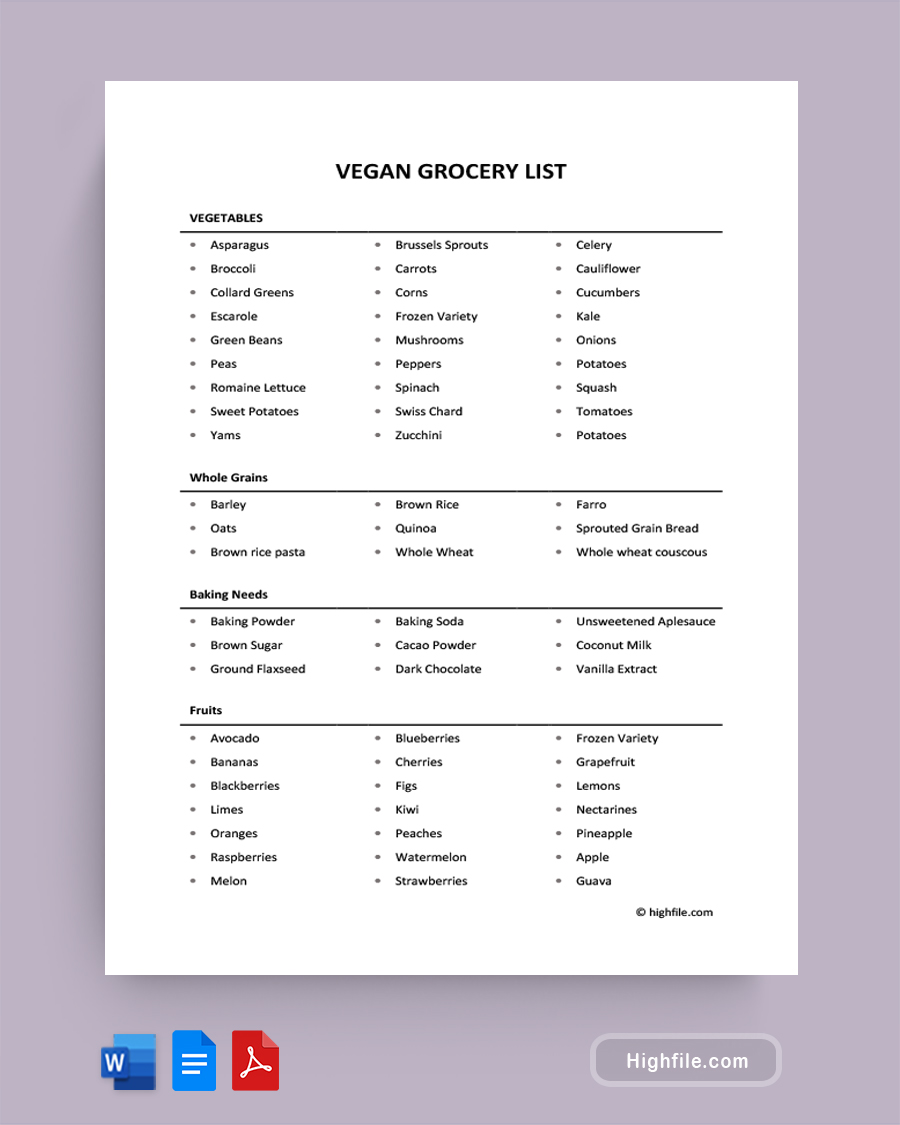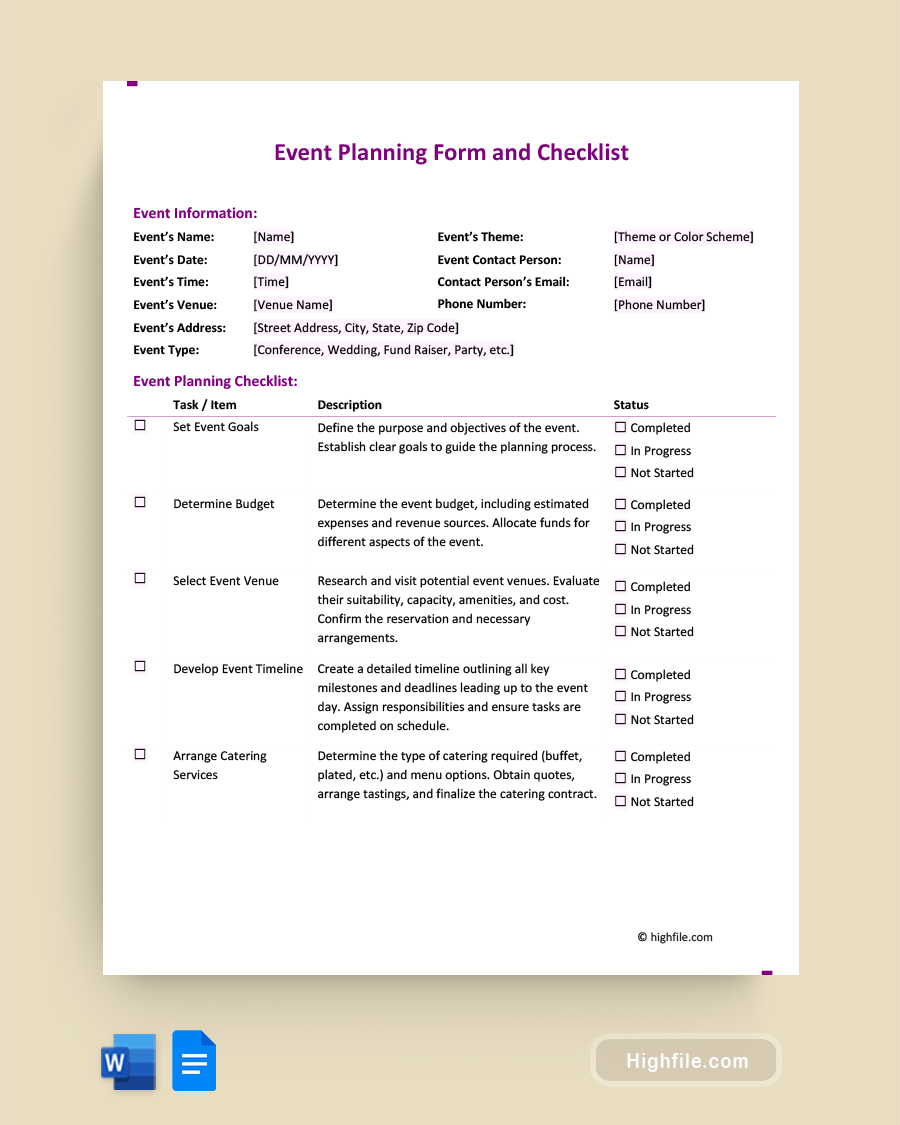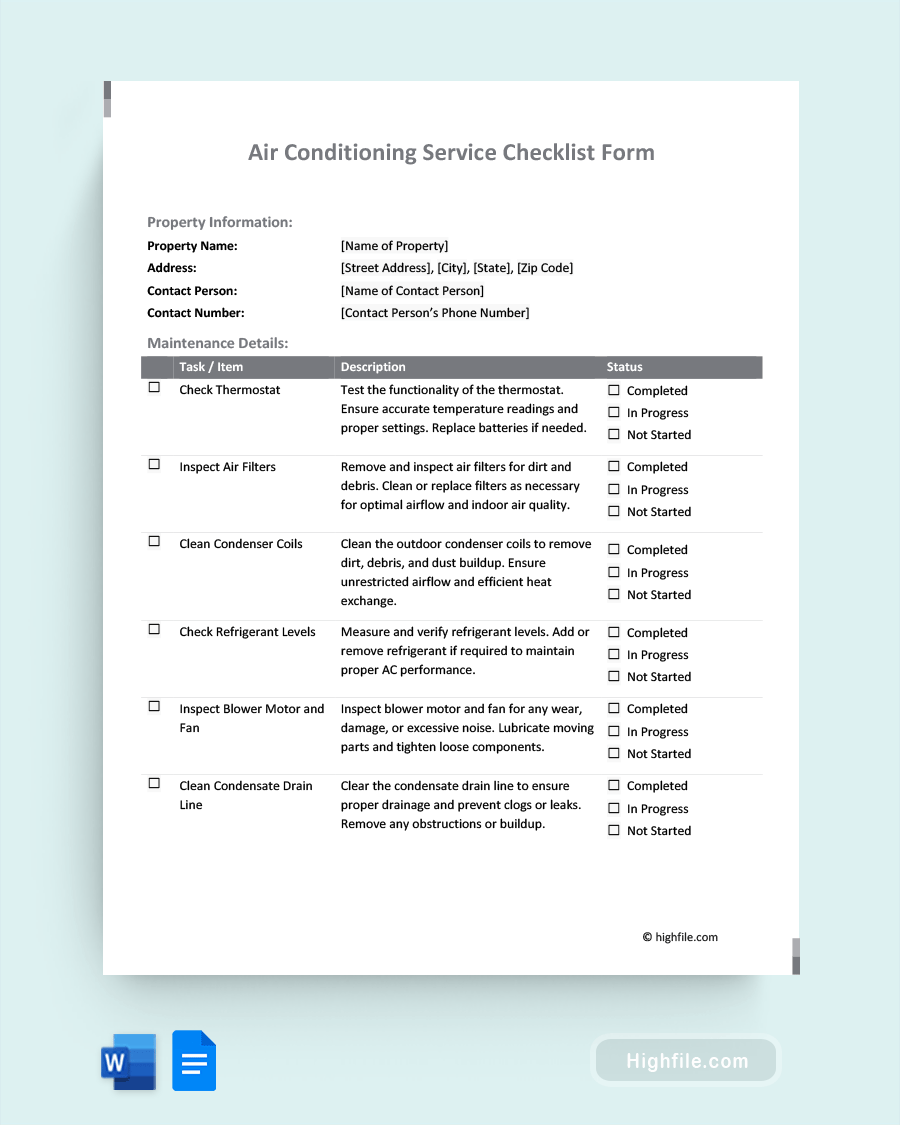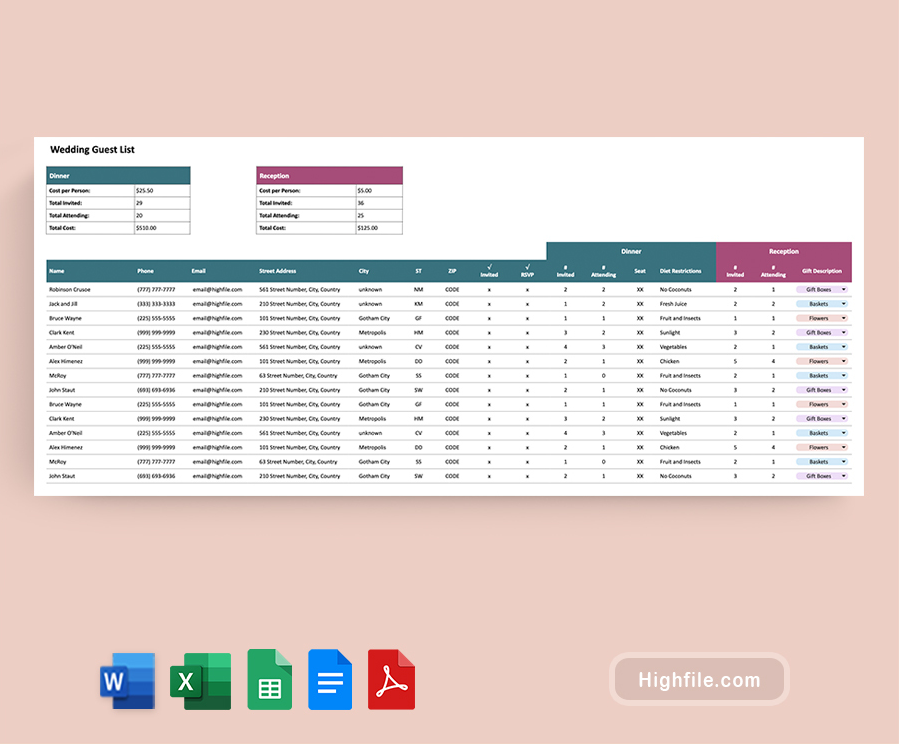Whether you’re new at eating vegan or have been doing it for years, veganism is more than a diet; it’s a lifestyle choice. Some vegans are there for the animals, some are junk food vegans, some are raw vegans, and some are vegans for the health benefits obtained. So, as you can see, each vegan’s grocery list will be different, depending on the type of vegan they are.
When you develop your own vegan grocery list, it’s crucial to understand what type of vegan you are. That’s why we’ve compiled a comprehensive vegan checklist that encompasses samples of food from fresh, frozen, and canned produce to plant-based meat, eggs, and dairy products. While making your vegan grocery list, we encourage you to learn about the health benefits of various vegan foods, from berries to nutritional yeast.
What Is a Vegan Grocery List?
A vegan grocery list is a shopping list designed to help you pick out the best items while you are grocery shopping. When you write your list, you’re adapting it to your very own needs and specifications. For instance, you’ll leave items off the list that you’re allergic to or those you just don’t like, as opposed to using a vegan grocery list you find on the internet, which may be packed full of things you don’t like or are allergic to. When you write out your own vegan grocery list, you can plan what you need for recipes or certain health items. If you’re new to veganism, we strongly suggest that you research foods. For instance, you’ll need to purchase foods high in protein such as beans, carbohydrates like potatoes, and nutrient-dense foods like spinach. Learning about phytochemicals such as Lycopene is important as well. Here, Lycopene helps to prevent prostate cancer in men but is only available in cooked tomato sauces and not in raw tomatoes. Hence, the more you learn about foods and their effects on the human body, a grocery store will slowly double into a health food store. A well-balanced vegan shopping list will contain foods high in:
- Protein
- Carbohydrates
- Good fats
- Vitamins and minerals
- Antioxidants
- Phytochemicals
Remember, once you get the hang of eating vegan, don’t forget to climb out of the box and try new things. For example, did you know that eating seaweed can help protect you from radiation as well as provide nutrients? By doing research, you’ll be able to improve and personalize your vegan shopping list week by week.
The Ultimate Vegan Grocery List
As we’ve already discussed, a vegan grocery list starts off with the bare essentials but slowly grows into a list of foods based on your personal choices. In the vegan grocery list we’ve provided below, we cover the basics, which include fruits, vegetables, grains, and so on. We encourage you to push the envelope and search for unique vegan foods such as vegan pizza; by exploring the vegan options available to you, you’ll quickly learn that veganism is more diverse and varied than you may have originally thought
Fruits
Don’t shy away from frozen produce, as it has the same nutrient value as fresh. With regards to dried fruits, though high in calories, they are considered nutrient dense and should be added to your diet.
- Bananas
- Berries
- Cherries
- Melons
- Citrus
- Peaches
- Grapes
- Dried Fruits
- Frozen fruits
Vegetables
Again, fresh or frozen are both nutritious. Regarding canned vegetables, be sure to pick up a supply as well. It’s always good to have them on hand if you run out of fresh or frozen. When you search for fresh vegetables, keep in mind the importance of variety. In other words, don’t just stick with familiar vegetables; look to add vegetables that are full of color, flavor, and taste. By eating a variety of vegetables, you’ll help to add more nutrients to your diet.
- Broccoli
- Cauliflower
- Avocado
- Kale
- Cabbage
- Spinach
- Carrots
- Tomatoes
- Potatoes
- Peppers
- Greens
- Lettuce
- Green beans
- Canned tomato products
- Pickles in brine
- Pumpkin
Beans and Legumes
A word about soy. Despite the bad publicity brought on by competitors, soy is extremely healthy for you. Historically some of the best warriors of the ancient world ate large amounts of soy: Ninjas, Kung Fu masters, and Samurai. Countries in the East such as Korea, China, India, and Japan have lived off the benefits of soy products such as tofu for centuries. So, don’t be afraid of this product; it’s a big part of keeping many civilizations alive and thriving for decades. Soy has survived the test of time as a beneficial and nutrient-dense food.
- Chili beans
- Great northern beans
- Pinto beans
- Chickpeas
- Fava beans
- Kidney beans
- Black beans
- Black-eyed peas
- Navy beans
- Vegan baked beans
- Butter beans
- Lentils
- Peas
- Peanuts
Whole Grains
Whole grains provide you with lots of fiber and a hefty dose of complex carbohydrates. Whole grains are filled with vitamins and nutrients such as antioxidants and protein. Whole grains have also been known to decrease the risk of heart disease, diabetes, and stroke.
- Whole wheat pasta
- Quinoa
- Oats
- Brown rice
- Seitan
- Rice cakes
- Tortillas
- Buckwheat
Vegan Meat Brands
Vegan meat brands such as Beyond Meat and Impossible Meat are a delicious addition to the vegan diet. Tofurky is another company providing tasty meat alternatives, and their various sausages really hit the mark. As for Gardein, we suggest you give their fish fillets a try, as they are absolutely delicious. Other vegan offerings include Boca Burgers and, of course, Just Egg. Those of you searching for the perfect egg substitute will truly find Just Egg products to be among the best of the bunch.
- Tofurky
- Beyond Meat
- Impossible Burger
- Gardein
- Just Egg
- Morning Star Farms
- Boca Burgers
- Field Roast
- Amy’s
- Daiya
Healthy Fats
Healthy fats are necessary for your health, especially for healthy brain function. Nuts are a great source of monounsaturated and polyunsaturated fats, as are nut butter. Avocados are a great source of healthy fats as well as pumped full of valuable nutrients. Remember, healthy fats like monounsaturated and polyunsaturated fats can help decrease cholesterol levels and guard against heart disease and stroke.
- Olive Oil
- Seeds
- Nuts
- Avocados
- Nut butter
Sweeteners
Vegan sweeteners add taste and goodness to your after-dinner treats and snacks. However, as a vegan, you’ll need to avoid white sugar as it’s refined using bone char from cattle.
- Agave syrup
- Maple syrup
- Dates
- Turbinado sugar
Dairy and Egg Substitutes
The fact is, is that dairy is not too healthy for you. For many, dairy is a source of skin breakouts, saturated fats, allergies, and stomach irritations. Not only that, but research shows that dairy is a possible source of cancer, especially breast cancer. Whether you’re a vegan or not, it’s a good idea to read about the dangers of dairy. The Physicians Committee for Responsible Medicine is a good start when it comes to delving into the available research.
- Oat milk
- Nut milks like almond and cashew
- Soy milk
- Nut cheese
- Soy cheese
- Just Egg
- Nutritional yeast or “Nooch.”
Final Thoughts: The Benefits of a Vegan Diet
Properly done, a vegan diet is a healthy lifestyle choice. A vegan diet can assist in weight loss, diabetes management, the lowering of cholesterol levels, and even help people with cancer. To be a healthy vegan, it’s important to limit your junk food and refined foods such as white sugar and bread. To be a healthy vegan, you need to incorporate protein and vitamin B12 into your diet. An easy way to include B12 and other B vitamins is to purchase nutritional yeast, or “nooch”. Nutritional yeast is a tasty addition to the vegan diet and is a favorite of many. Also, remember to consume plenty of vitamins D and iron







